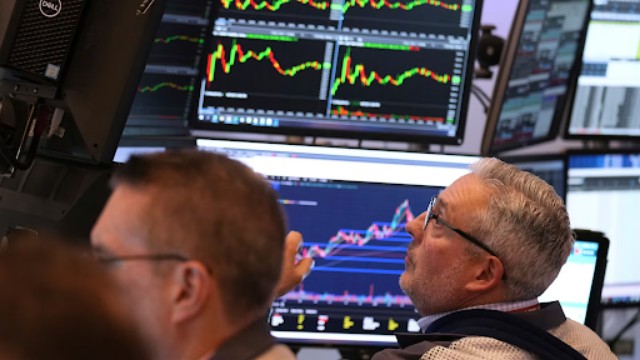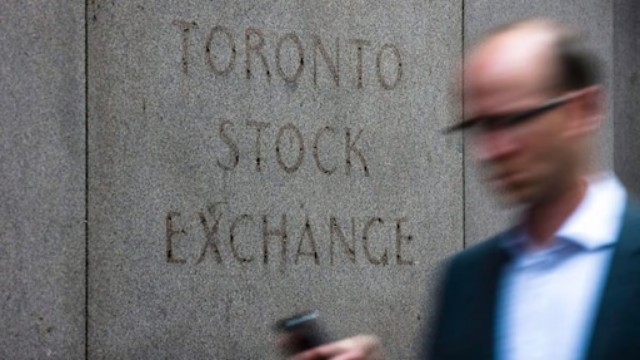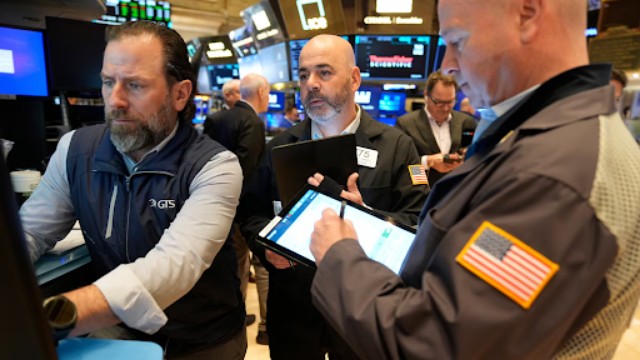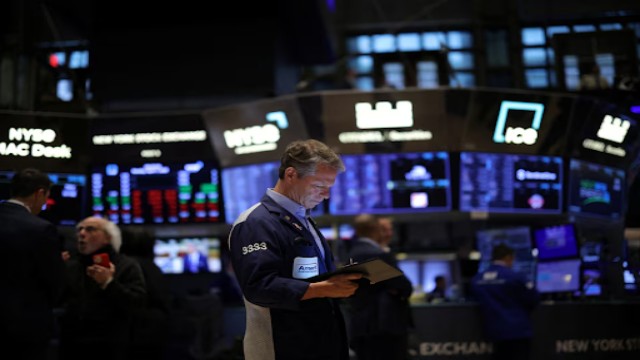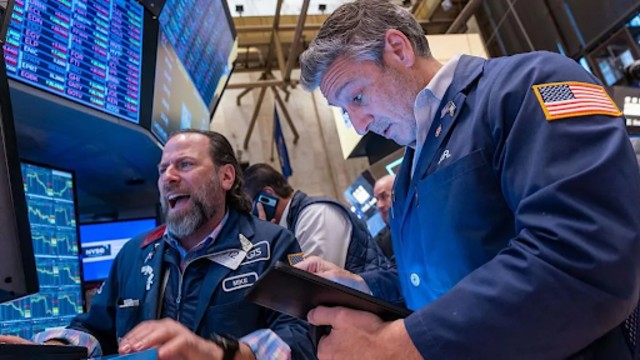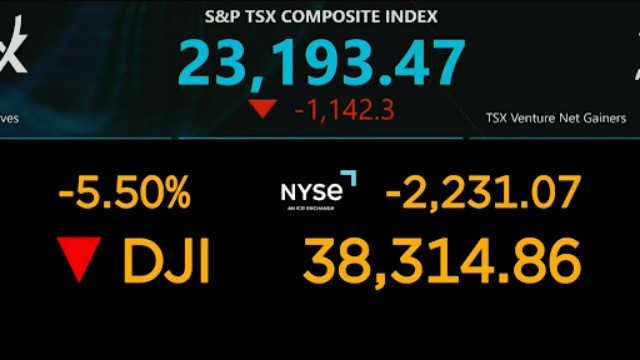
A photo of the Citigroup Inc (Citi) logo is displayed at the SIBOS banking conference in Toronto, Canada, on October 19, 2017. The image was taken on the same day by photographer Chris Helgren for Reuters.
Citigroup expects a notable rise in its investment banking fees in the upcoming third quarter. The bank's Chief Financial Officer, Mark Mason, shared at a New York conference that investment banking fees are projected to climb by 20% compared to the same period last year. This increase stems from a boost in activity within debt capital markets and mergers and acquisitions.
However, on a different note, Citigroup's markets revenue is likely to dip by around 4%. Mason explained that last year's 10% revenue jump has not carried into 2024. Despite this, the overall financial outlook remains promising, with Citigroup anticipating a stable U.S. economy if the Federal Reserve proceeds with expected interest rate cuts.
As the U.S. presidential election draws nearer, clients are closely monitoring potential economic impacts depending on the outcome. Mason noted that the policy positions of the candidates, particularly in key sectors such as energy, healthcare, and consumer goods, are a major focus of discussion among investors. The outcome of the election could have significant consequences for these industries.
Switching to consumer banking, Citigroup's credit card business is facing a mix of challenges. Payment rates are starting to decline, especially among customers with lower credit scores. Although credit card delinquencies have risen, Mason reassured investors that these rates are beginning to stabilize. A divide is emerging between affluent customers, who are increasing their spending, and those with lower credit scores, who are now prioritizing essential items over discretionary purchases.
Compliance Challenges:
Citigroup has also been dealing with regulatory issues. The bank faced a $136 million fine in July for not making enough progress in resolving data management problems. These problems trace back to regulatory actions taken in 2020. Regulators have stressed that Citigroup needs to allocate more resources to address these concerns.
Mason emphasized that Citigroup is now focusing more on improving the quality, speed, and standardization of its data collection. The bank is also implementing a regulatory plan to ensure it has sufficient staff to complete the necessary work. Citigroup is reviewing its progress on various delayed initiatives and will assess whether more staff is required to accelerate the work.
Financial Performance:
Despite these challenges, Citigroup reported strong profits in the second quarter, surpassing Wall Street expectations. The bank's investment banking, markets, and services divisions were key contributors to this success. However, shareholder returns during this period stood at 7.2%, falling short of the bank's medium-term target of 11% to 12%.
On Monday afternoon, Citigroup's shares showed little movement. So far in 2024, the bank's stock has risen by 15%, compared to a 19% increase in a broader S&P 500 index that tracks other banks.


